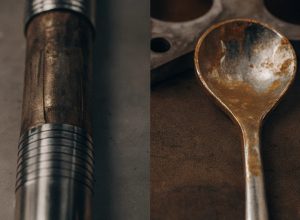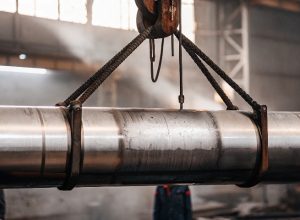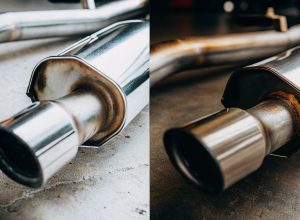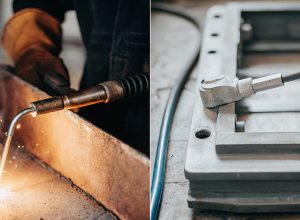A 3.1 certification refers to a type of inspection document in compliance with the EN 10204 standard, commonly used in manufacturing industries to verify the quality of materials. Specifically, it provides a statement of compliance with the order, including test results from the manufacturer that demonstrate the product meets specified standards. The tests are carried out on samples of the material, and the manufacturer is responsible for the accuracy of the data.
A 3.2 certification, on the other hand, goes a step further. It includes not only the manufacturer’s test results but also verification by an independent third party, such as an authorized inspector or certifying body. This ensures an extra level of scrutiny, offering more assurance regarding the material’s compliance with the required standards.
Key difference
- 3.1 certification: Manufacturer provides the test results without third-party validation.
- 3.2 certification: Test results are verified by an independent external inspector or authority.








